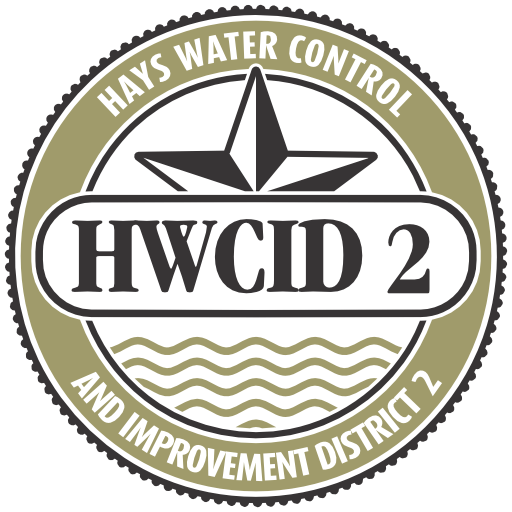Where does Belterra get water?
The WCID has constructed and operates water, sanitary sewer, and drainage facilities to serve its residents and other customers. The WCID contracts with both the Lower Colorado River Authority (LCRA) and the West Travis County Public Utility Agency (WTCPUA) for water. The LCRA administers contractual rights to divert and use water from the water sources that it manages. The WTCPUA is a publicly owned utility serving western Travis and northern Hays Counties that treats water from LCRA sources to drinking standards and then delivers it to the WCID’s system by pipeline. Unlike some surrounding neighborhoods, WCIDs 1 and 2 are wholesale customers of WTCPUA. This means that the WCIDs maintain their own internal water infrastructure and are responsible for providing retail water service, including distribution of water to customers, meter reading and billing.
How do boil water notices work in Belterra?
Boil water notices issued by the WTCPUA have sometimes resulted in confusion for Belterra residents. As an initial matter, the WCIDs may or may not be affected when the WTCPUA issues a boil water notice. In some instances, the WTCPUA boil water notice only applies to a portion of the WTCPUA system, which may or may not include the facilities that deliver water to Belterra. However, social media and message board posts by customers sometimes cause confusion about the areas covered by a WTCPUA boil water notice.
If you become aware of a boil water notice issued by the WTCPUA, the WCIDs recommend that customers assume the notice applies in Belterra and comply with the instructions in the notice, unless the text of the notice issued by the WTCPUA excludes Belterra, or the WCIDs subsequently provide notice that it does not apply to Belterra. The WCIDs will issue a separate notice to their customers, but please note that it can sometimes take time for the WCIDs to verify whether the boil water notice affects Belterra.
Customers in Belterra should wait to receive notice from the WCIDs that it is no longer necessary to boil water, even if the WTCPUA has notified its customers that a WTCPUA boil water notice has been lifted. As wholesale customers of the WTCPUA, the WCIDs must confirm consecutive and compliant lab samples from the WTCPUA system and the WCID system before lifting boil water notices. Because the WCIDs are not able to begin sampling within their systems until after the WTCPUA has collected its samples, customers in Belterra should expect that a WCID boil water notice will not be lifted until after the WTCPUA notice is lifted. The WCIDs do coordinate with the WTCPUA to minimize delays and lift boil water notices at the earliest opportunity, while still maintaining compliance with the rules of the Texas Commission on Environmental Quality.
In addition to issuance of a boil water notice by the WTCPUA, it is also possible that a condition within the WCIDs’ systems might require that the WCIDs issue a boil water notice independently of the WTCPUA, in which case all notices would come from the WCIDs.
What can I do if I believe my bill is too high?
MOC operates and maintains the District’s water and wastewater system. We can answer any questions you may have regarding your usage or water bill, and can offer suggestions to help you determine what may be causing the high consumption.
Call (512) 686-1660 to speak to a customer service representative.

